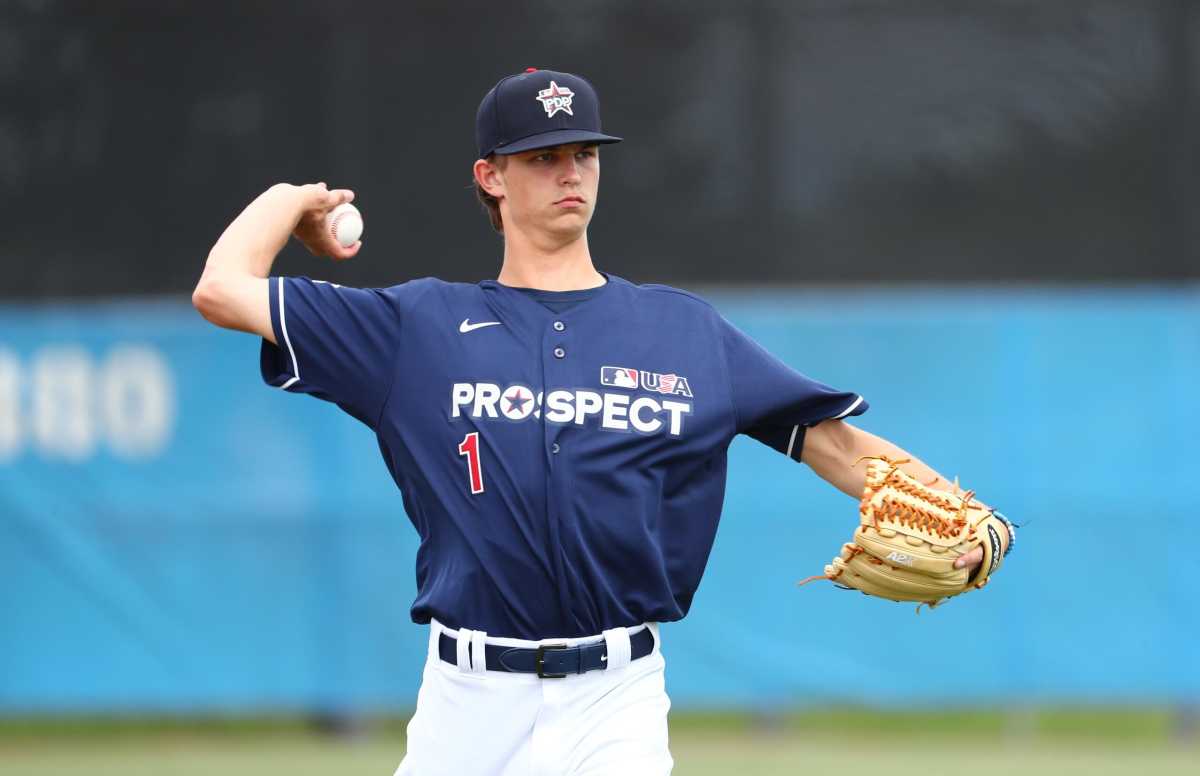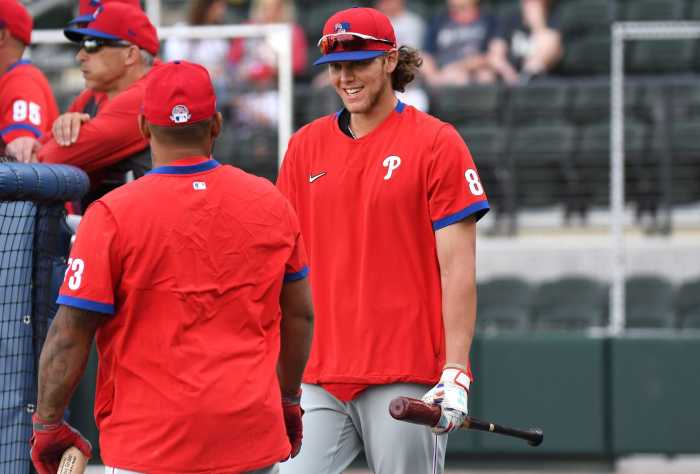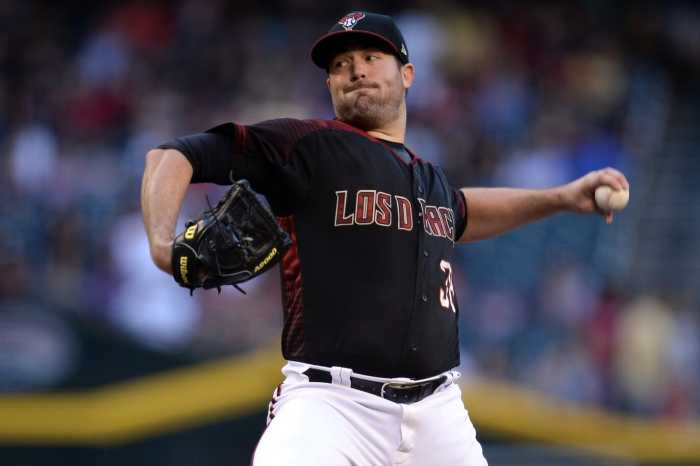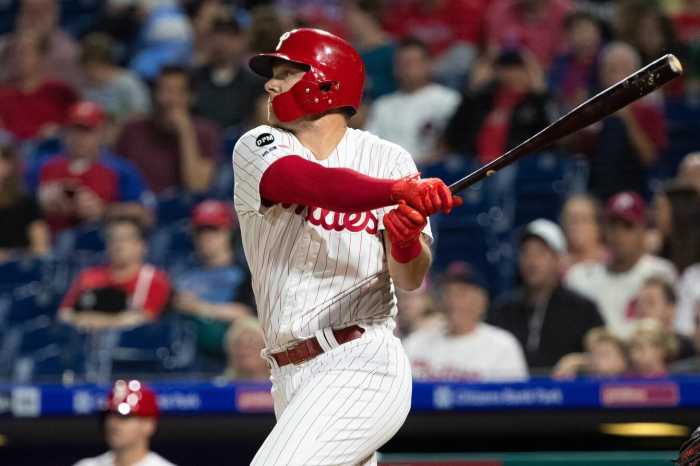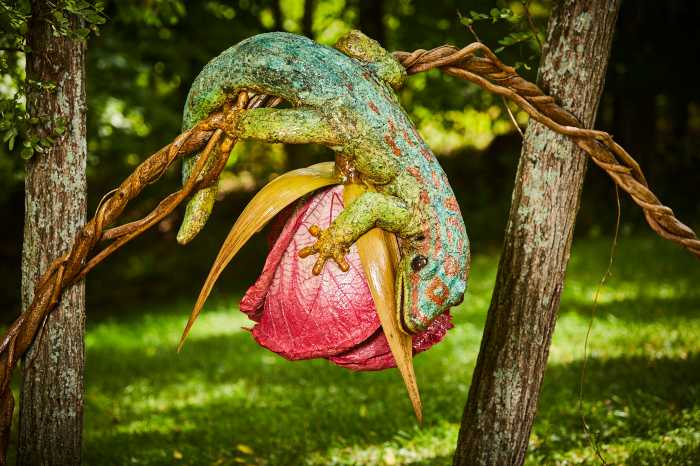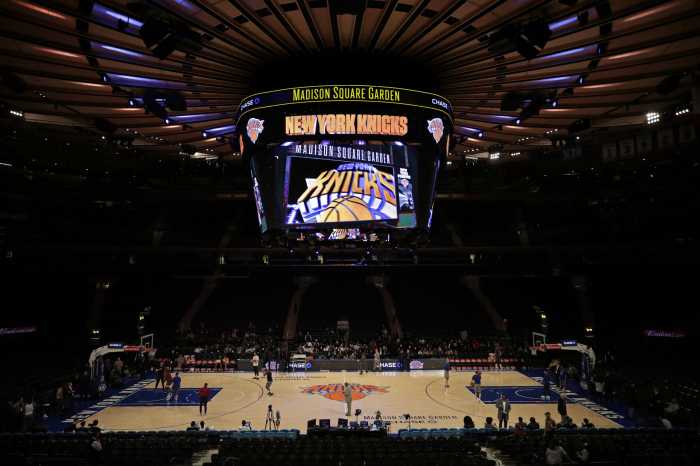The smell of fresh-cut grass mixing with the flavors of concession stand wares. The sound of wooden bats connecting with leather as a ball is sent into the horizon. The taste of a ballpark hot dog being washed down with your favorite sugary drink. The feel of a glove in your hand and the anticipation of catching a foul ball. The sight of red, white, and blue fireworks igniting across the night sky.
As we celebrate Fourth of July weekend, it is tradition for families across the country to flock to their local small-town baseball stadium and watch America’s pastime while celebrating the birth of this country. Perhaps this was, or still is, a tradition in your house. Maybe you knew the names of the players you were rooting for, maybe you didn’t. Maybe your family had season tickets and you went to every game you could. Or maybe this was a once-a-summer excursion, which only raised the anticipation. These are the games that made children across the nation fall in love with baseball.
But not this year.
On Tuesday, Minor League Baseball announced what we all knew to be inevitable: the 2020 season was canceled. In their statement, Pat O’Conner, President and CEO, stated: “These are unprecedented times for our country and our organization as this is the first time in our history that we’ve had a summer without Minor League Baseball being played.”
A summer without Minor League Baseball. Last year, over 41 million fans attended Minor League games across the country. In fact, it was Minor League Baseball’s 15th consecutive season with attendance numbers over 40 million.
But this year, the parks will be empty. The concession stand fryers will be left bare. The tarp will remain over the infield. The Crazy Hot Dog Vendor and other mascots will stay home. There will be no foul balls to catch, no home runs to call. The night sky will remain empty, with not a firecracker in sight.
Minor League Baseball is much more than a player development chain. It is the beating heart of America’s pastime in this country. Today, we are going to look at what Minor League Baseball means to everyone who is a part of it, and why its cancellation is so heartbreaking.
The Players
For the players, the Minor Leagues represent an opportunity. An opportunity to develop their skills in the hopes of eventually playing in the big leagues. Minor League Baseball players are not in it for the money. They typically earn well under the minimum wage but choose to do so to live out their childhood dream of being a professional baseball player.
Bus trips, cheap hotels, and fast-food make up some of the pillars of the minor leaguer’s experience. They travel across the country from small town to small town as they compete, perfecting their craft as they strive to take the next step.
Every year, over a thousand young ballplayers are drafted and begin their baseball careers in short-season leagues. This year, that number was slashed to roughly 150 as the draft was cut from 40 rounds to five. But now those players that were drafted can’t even play.
When the Phillies announced their 60-man “Summer Camp” roster, there was speculation that 2020 first-round draft pick Mick Abel would be on the squad in order to get him some action this year. While the Phillies were ‘abel’ to do this, they chose not to. Abel joins a vast majority of the 8,000 plus MiLB player contingent who will not play this year. These players face the most uncertain offseason of their careers.
Will they continue to be paid? The Phillies have committed to paying the $400 per week salary for the rest of the season, but not every team has. Many minor leaguers already work second jobs in the offseason. Some had to start working for DoorDash during the shutdown just to get by. While some players will figure it out, and do their best to be ready for 2021, some will need to make the hardest decision of their lives and hang up their cleats.
The Employees
The business side of Minor League Baseball is one of the most under-looked aspects of baseball. Within each Minor League team from Single-A to AAA exists a small team of full-time employees that “wear multiple hats.” On any given day, a ticket sales director may be cold-calling businesses, welcoming groups into the stadium, helping out with in-game entertainment, pulling the tarp on the field for a rain delay, and clearing the outfield seating before the post-game fireworks show. The broadcasters are typically also in charge of media relations and create most of the website content.
These are the people that make up Minor League front offices. They work 80-plus hour weeks during the season for very little pay. But they don’t do it for the money. The only people that can survive working 80-plus hour weeks for years at a time are doing it for the love of the game. If not, they burn out and leave the industry quickly.
For full-time employees, this IS their livelihood. Minor League teams are fragile businesses at their core and will not survive an entire season without revenue easily. For many, this may mean pay freezes, furloughs, or lay-offs. Even if a team is lucky enough to continue to pay their staffs, there is now a huge gap in the hearts of many as they dwell on what could have been.
Then there are the interns. Interns are often looked at as the back-bones of many of these organizations. They work just as long as some of the full-time staff for much less. They are often the ones dressed in crazy outfits or running in mascot races. They stock the shelves, bring new ideas to the table, and are trying to absorb as much of the industry as they can.
College students and recent grads look to their local minor league team for a chance to begin their career in sports, hoping for a ticket sales or communications internship. These students are willing to go the extra mile to prove their worth and learn from the best. Now, they are left with no opportunity. No summer internship or chance to fulfill their internship credits for class.
On a personal note, I spent a summer as a Game-Day Intern with the Reading Fightin’ Phils. That opportunity was the first internship of my career and helped me get to where I am today. It is where I learned a lot of what you are reading now. If you are reading this and you are a high schooler or college student looking to work in sports, I encourage you to intern with your local Minor League team. You will learn a lot about the industry and yourself and just may fall in love with the Minors.
Then there are the part-time employees. The concession and merchandise staff. The greeters and ushers and Kids Club staff. These employees range from high schoolers looking for a summer job to retired folk who just want to pass the time. No matter their story, these people spend their summers at the ballpark every year and, like much of the country, find themselves without their jobs now.
The Communities
Minor League Baseball teams play a critical role in the communities that they are a part of. While this role could be calculated to economic impact and dollars, the roots are dug much deeper. Teams don’t just act as the big ticket advertising hub for local businesses. They host local scout troops for camping nights. They host celebrations for the reigning high school district and state champions.
They serve their communities with different service projects and rally behind local families in time of need (like right now). Teams likethe Carolina Mudcats (Zebulon, NC), the Greeneville Astros (Greeneville, TN), and the Rocket City Trash Pandas (Madison, AL) act as the beating heart of their respective communities. These communities across the nation are struggling due to the times, times in which the local team normally shines as a bright light.
The Fans
Just as any player or any team employee would tell you, none of this would be possible without the fans. Without fans, there would be no stadiums, there would be no “professional” sports. Just wait for Opening Day, you’ll see. There’s an eerie feeling to an empty stadium, a feeling cardboard cut-outs or stuffed animals won’t help with. Even the lowest levels of the Minor Leagues draw some fans. Seldom will they sell out their 1000-seat stadium, but people will come.
Far and wide, people do come. 41 million of them, every year. They come with their families and their children to their local ballpark. Some aren’t within driving distance of a Major League ballpark. Some are but can’t afford the big-ticket prices. Regardless, they come. They pay a couple of bucks for a general admission seat, maybe stop at concessions or the team store, and sit down to watch the game. Little kids are fascinated with the game being played in front of them, envisioning themselves as the pitcher, the slugger, or the center fielder making a diving play. They hope for a ball to be hit their way, or for an autograph from their favorite player.
It’s one thing to watch baseball on TV. It’s an experience to watch it in person. An experience that makes children fall in love with a simple game, and makes the rest of us remember simpler times. So while it may make sense for Minor League Baseball to shelf the 2020 season, it comes at a cost as our local teams are exactly what we need right now.
Conclusion
Our local Minor League teams have been there for us in good times and bad. As we slowly recover from this pandemic, do all you can to return the favor by being there for our teams in their time of trouble. Buy season tickets, merchandise, whatever you can, to support your local team and community.
As I conclude, I leave you with one of the most famous speeches in baseball movie history. People come. For reasons they may not understand, they come. They just can’t this year. But next year, they will come, in greater numbers than ever before. For the love of the game.
Play ball.
Mandatory Credit: Kim Klement-USA TODAY Sports

